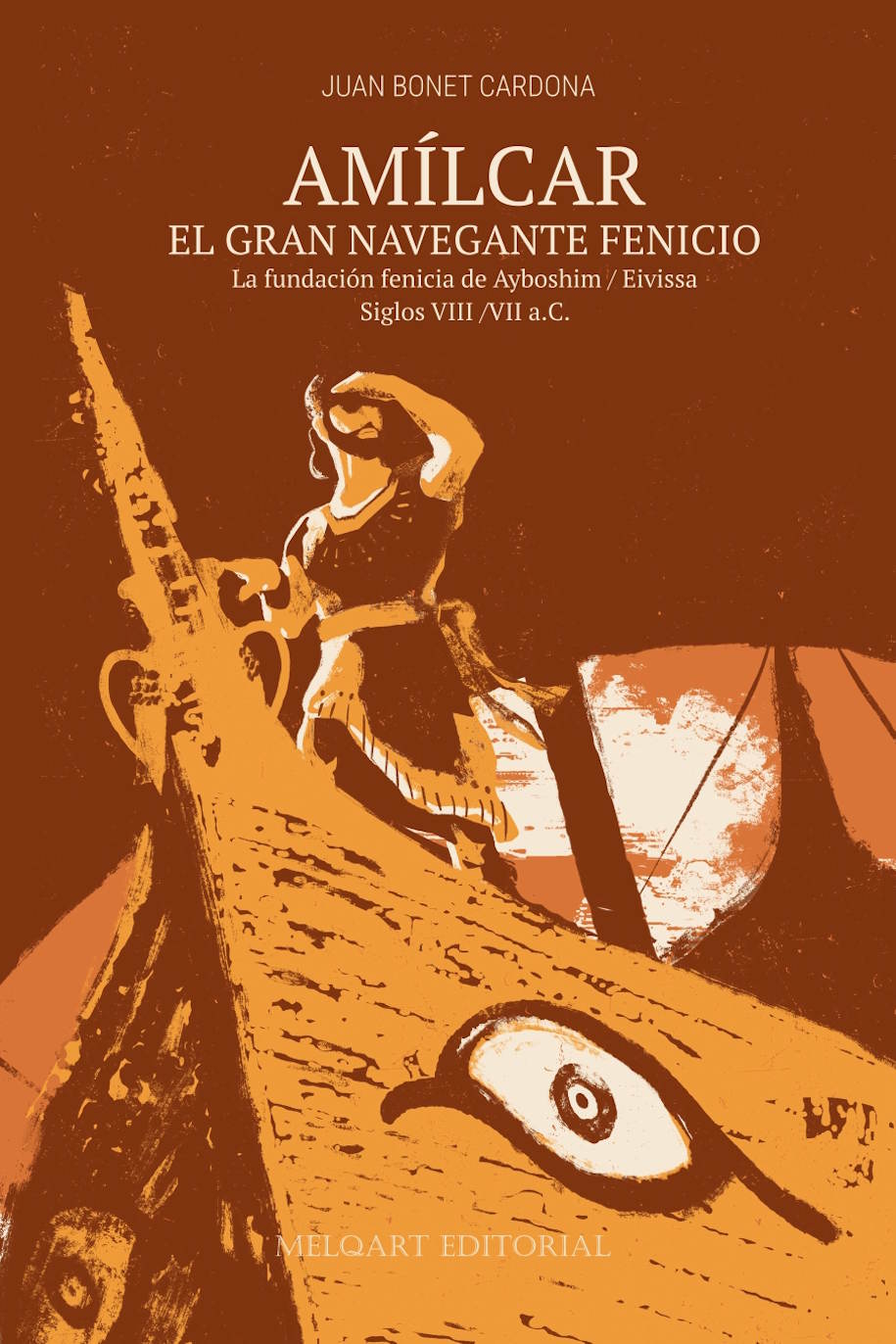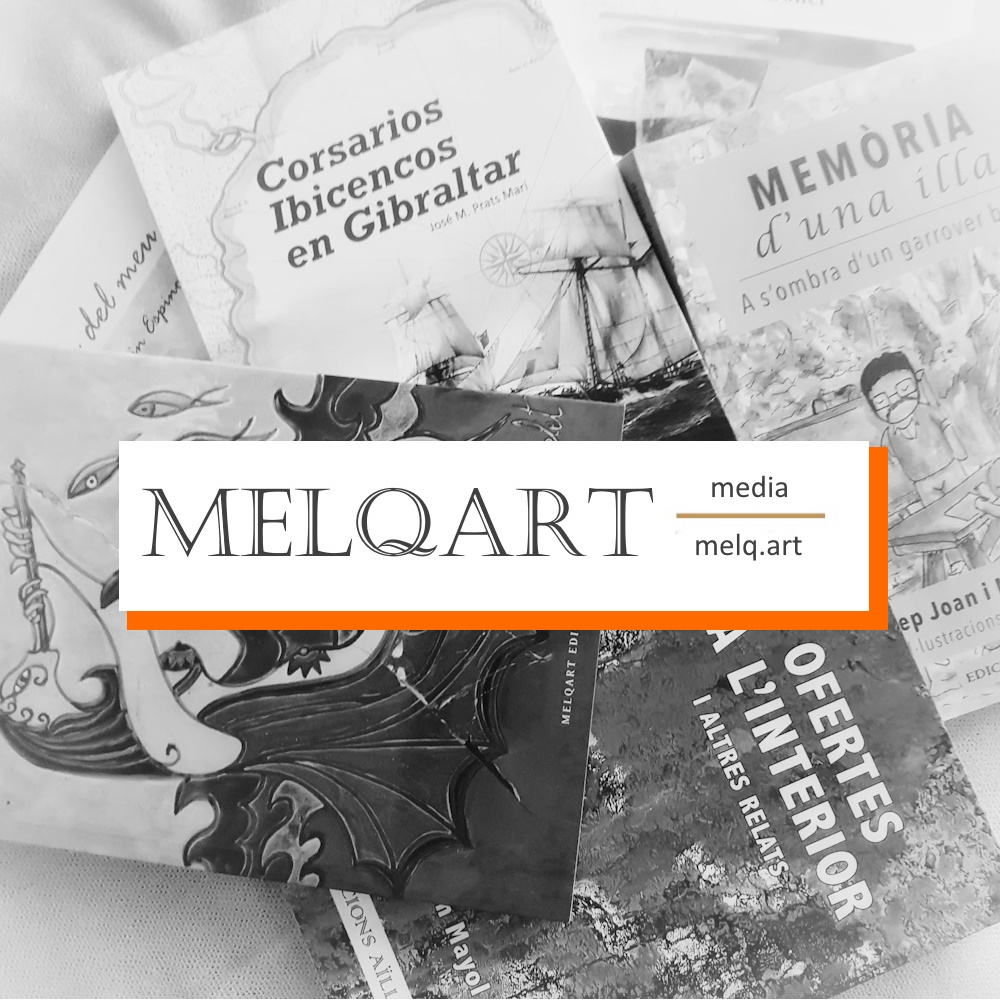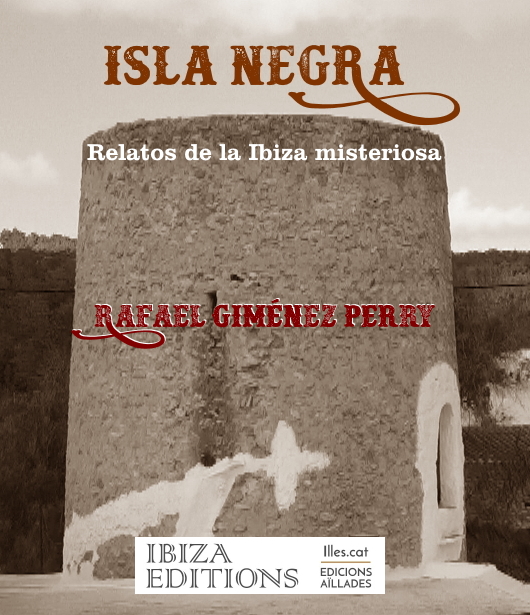Amílcar or the education of a navigator
Amílcar review, The great Phoenician navigator
By j. P. Quiroz Rivera
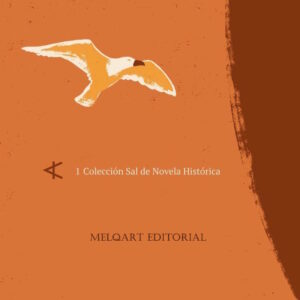 There are historical novels that seek to dazzle the reader with adventures, With chain action and exotic landscapes, and others that are proposed, With a quieter ambition, rebuild from within the intimate pulse of a remote time. Amilcar, The great Phoenician navigator, by Juan Bonet Cardona, It belongs without a doubt to this second category. His merit does not reside in the accumulation of spectacular episodes, but in the leisurely and truthful way that makes us enter the concrete life of any phenicia family, anchored in history and geography, Faced with the universal uncertainties of existence: Survival, The education of children, The weight of tradition and the desire for the future.
There are historical novels that seek to dazzle the reader with adventures, With chain action and exotic landscapes, and others that are proposed, With a quieter ambition, rebuild from within the intimate pulse of a remote time. Amilcar, The great Phoenician navigator, by Juan Bonet Cardona, It belongs without a doubt to this second category. His merit does not reside in the accumulation of spectacular episodes, but in the leisurely and truthful way that makes us enter the concrete life of any phenicia family, anchored in history and geography, Faced with the universal uncertainties of existence: Survival, The education of children, The weight of tradition and the desire for the future.
the novel, that opens the Salt of historical novels collection of Melqart Editorial, It places us in the second half of the seventh century B.C., In the mountains that surround a shot, When the Assyrian Empire squeezes with taxes and the Phoenician colonies begin to prosper west. But instead of starting in the heat of the ports or in the excitement of the great expeditions, Bonet Cardona opts for a sober and eloquent start: Amílcar's birth in a humble house, In the midst of rain and mountains. "The shouts of the newborn made their way between the noise of the rain that had begun to fall moments before", We read, And already in these first lines the tone of the narration is exposed: thorough attention to the elementary, In light, to the stations, To the trades, to the fragility of affections.
Throughout the novel, The reader not only attends the formation of Amílcar - from a curious child to navigator - but also appears, almost without realizing, to the deep keys of the Phoenician civilization: The rational exploitation of forest resources, The close relationship between artisanal techniques and commerce, The life of women in dye factories, The family structure and maritime expansion. Without making it a lesson, Bonet Cardona is spinning small daily scenes that allow us to see how that culture wove his network over the Mediterranean. The teaching that Aleyin, Amílcar's father, It transmits on the forest - “Look around and look at the mountains. They give us what we need, But for this you have to treat them well ” - encloses a practical and moral wisdom that crosses the entire novel.
Far from the topics on sailor towns moved exclusively by commercial greed, The novel shows us some conscious Phoenicians of the precariousness of their world, subject to the constant threat of the oriental powers and to the sway of trade, but also skilled to find new routes and found colonies that allow them to survive. Through Amílcar's gaze, that for the first time observes the agitation of shooting and the injustices of the social system - “they are slaves, that they bring to sell or work in the houses of some families that can afford it ” - -, The reader is witnessing the complexity of that society, able to combine technical sophistication and structural violence without apparent contradiction.
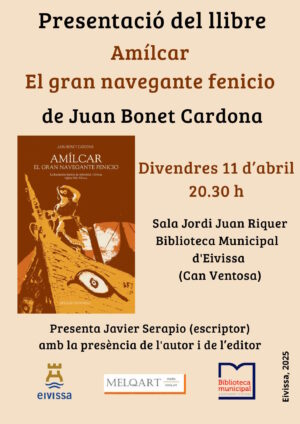 Perhaps the greatest success of Bonet Cardona is in its ability to melt historical matter with literary narration. The characters are not pretexts to illustrate ancient customs, but plausible creatures, moved by recognizable passions: Aleyin's pride, that distrusts urban life; Sikarbaal prudence, Hand woman marked by purple dyes, But possessing a practical intelligence that supports his family; The astonished and then criticism of Amílcar, who learns to understand your world without giving up questioning. The silent conflict between peasant life and the city, Between attachment to land and attraction to the sea, beat each page without underline.
Perhaps the greatest success of Bonet Cardona is in its ability to melt historical matter with literary narration. The characters are not pretexts to illustrate ancient customs, but plausible creatures, moved by recognizable passions: Aleyin's pride, that distrusts urban life; Sikarbaal prudence, Hand woman marked by purple dyes, But possessing a practical intelligence that supports his family; The astonished and then criticism of Amílcar, who learns to understand your world without giving up questioning. The silent conflict between peasant life and the city, Between attachment to land and attraction to the sea, beat each page without underline.
Below visible history - Amílcar's growth, Family relationships, The first navigations—, The novel holds a deeper meditation on learning, Transmission and time. Grandfather's stories, Library, The temples, The trades, the words that are inherited and those that reinvent themselves, make up the true education of the protagonist. The novel shows without didactisms that, In the Phoenician, as in any other, All knowing is fragile, Every tradition is threatened and every trip is, Ultimately, A search form.
With this first title, The ex -novel Editorial's salt collection is presented with the solidity of a proposal that aspires to renew the historical novel without renouncing its literary demand or rigor. Amilcar, The great Phoenician navigator is not just a trip to the past: es, First of all, The sober and luminous narrative of a world in transformation, counted from the concrete humanity of those who inhabited it.
The book is presented on Friday 11 April at 20.30 Hours in the Can Ventosa Library (Ibiza).
Amilcar. The great Phoenician navigator is available in our bookstore:






